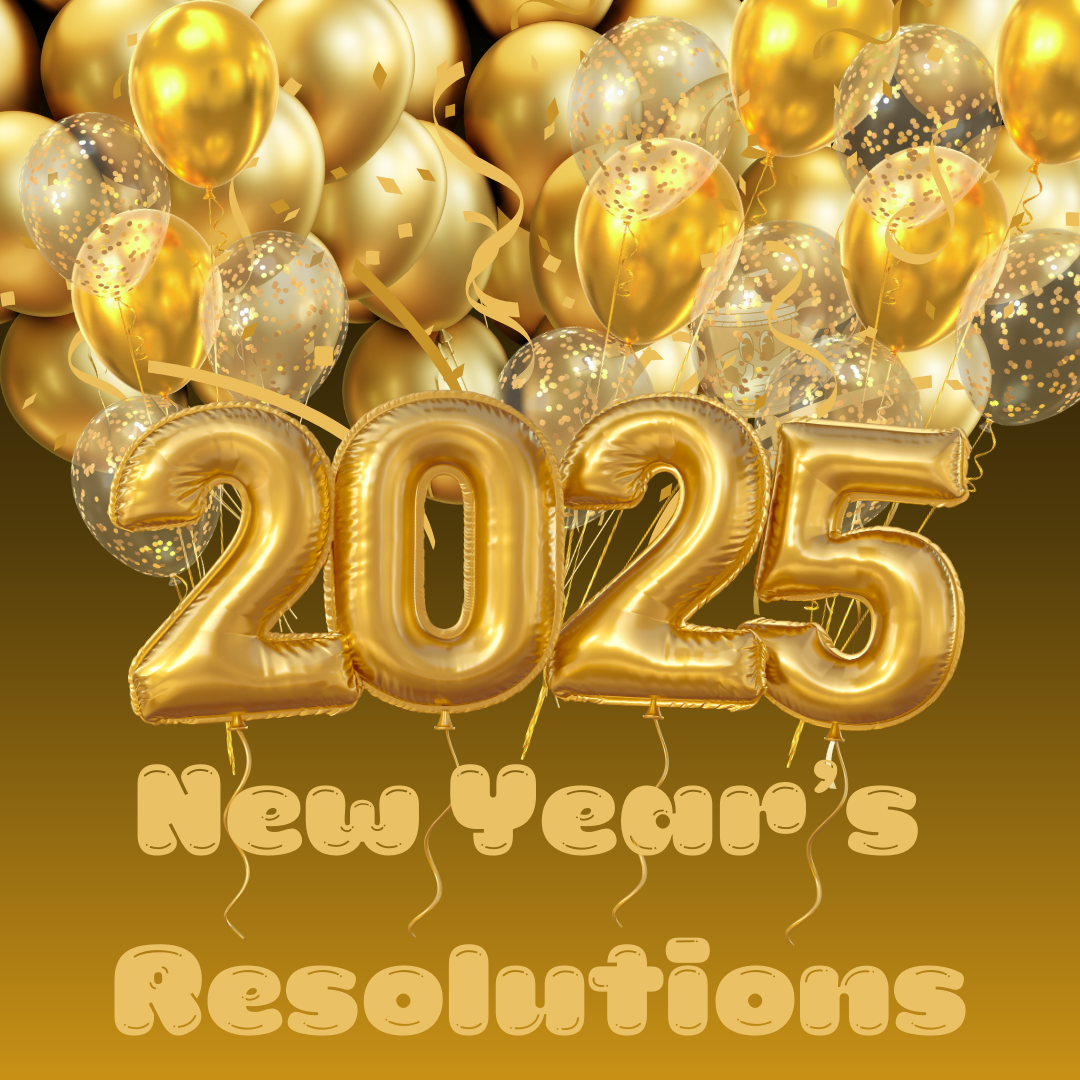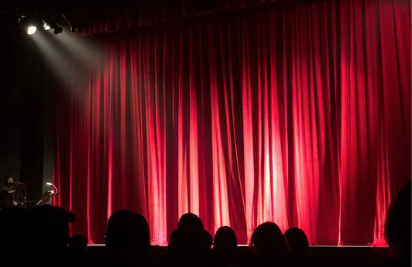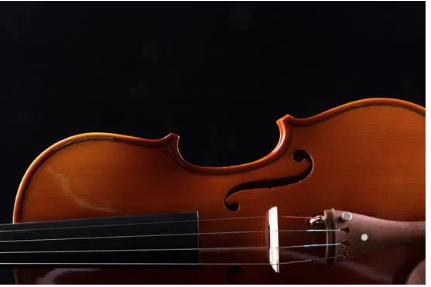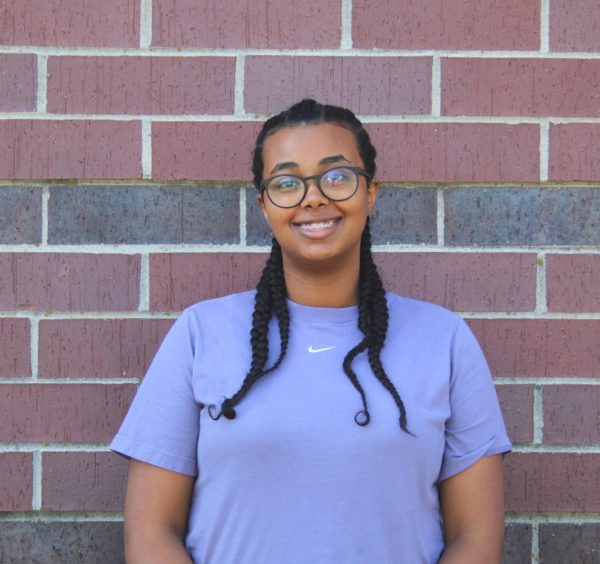New Year’s resolutions have been a tradition for as long as most people can remember. As December comes to an end and people close off on the last year, they start to think about the upcoming year. They question what things went well, what they did well, and most popularly: what they could improve on. Some of the staff here in GEHS have their own resolutions, such as counselor, Wessley Burns.
“…my New Year’s resolution is to just go to the gym more,” Burns said.
This is a very popular New Year’s resolution, and for good reason. Physical fitness is very important, but also very hard to keep up, so many people see the beginning of the year as the best way to start a streak of going to the gym and to stay motivated to keep that streak going. Some people, however, like art teacher, Kyleigh Roberson, chose to focus on inward changes in the New Year instead.
“My New Year’s resolution is to take better care of me and my needs because I’ve been the type of person that will put everybody else before myself, even if it makes me stressed or overwhelmed,” Roberson said. “So I’m trying to do better of saying no or waiting a little bit, because I’m usually like, ‘Yeah, I’ll drop everything and I’m going.’”
Lydia Heintzelman wanted keep her life “drama free” and to step away from the people who stopped that since it hindered her joy.
This is also a great New Year’s resolution. Self-improvement is always great, and making sure to put oneself first is a very beneficial thing to do, even if it can be hard sometimes. Some people, however, do not really see the value in New Year’s resolutions specifically. Justin Davidson, for example, feels that he tries to do self-improvement throughout the year, so he does not really focus on New Year’s resolutions.
“New Year’s resolution is typically some sort of self-improvement type goal, and that’s happening for a lot of us regularly throughout the year,” Davidson said. “So, I get that the beginning of the year is a point that’s typically motivating. Like, ‘Okay, this year I’m going to get it done,’ but I feel like I constantly, every few months, have something going on, and so when we get to New Years, I’m like, ‘Well, I’m already on an exercise routine,’ or something like that. So I don’t have [a New Year’s resolution].”
Junior, Kinsey Savage agreed with this sentiment. She explained that she did not have one for 2025 since she does “not make them.”
It seems that many people in the past few years have begun to share the same sentiment, as not very many people seem to have New Year’s resolutions for 2025. The idea of New Year’s resolutions makes sense, when people enter a fresh new year they feel motivated to try and succeed in something that they struggled with the year before. However, sometimes it is not just a struggle from the past year, it is the same thing from the year before that. And the year before that. And the year before that. That is often the problem with New Year’s resolutions: it is hard for people to stick with them.
Saying something and practically doing it are two very different things. While there are many people out there who stick to their New Year’s resolutions, it has kind of become a joke that people only do them during maybe the first week of January and then do not stick to them. This may be the reason why New Year’s resolutions have become less popular. If it is hard for people to stick with them, then they may not see the point in making them.
It is good, however, to make goals year-round, even if one does not finish them. Sometimes actually fulfilling the goal is not the important part, trying is. As long as a person grows from trying to achieve a goal, that is what matters. People should do what helps them grow as a person, whether that is making a New Year’s resolution or working on self-improvement throughout the year.











